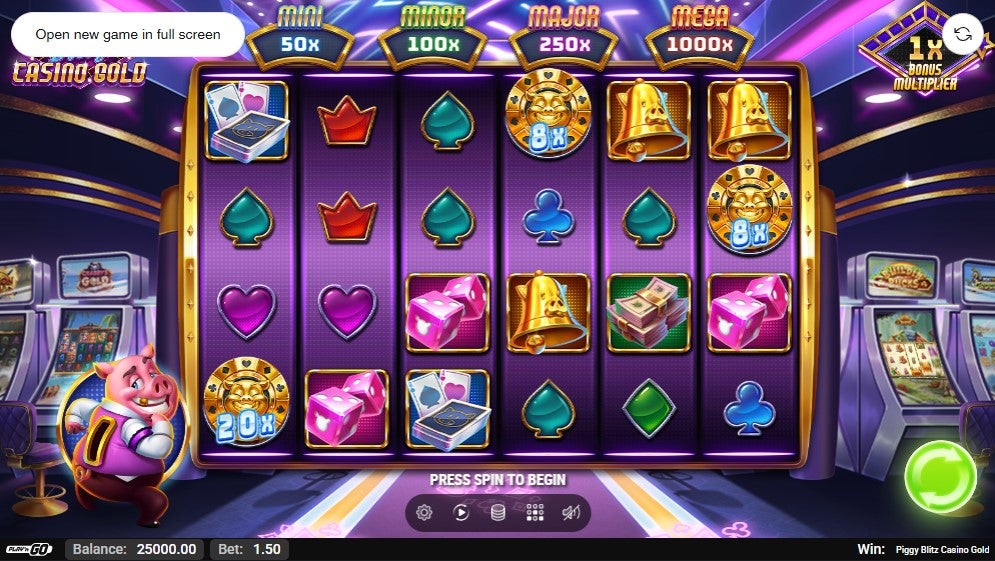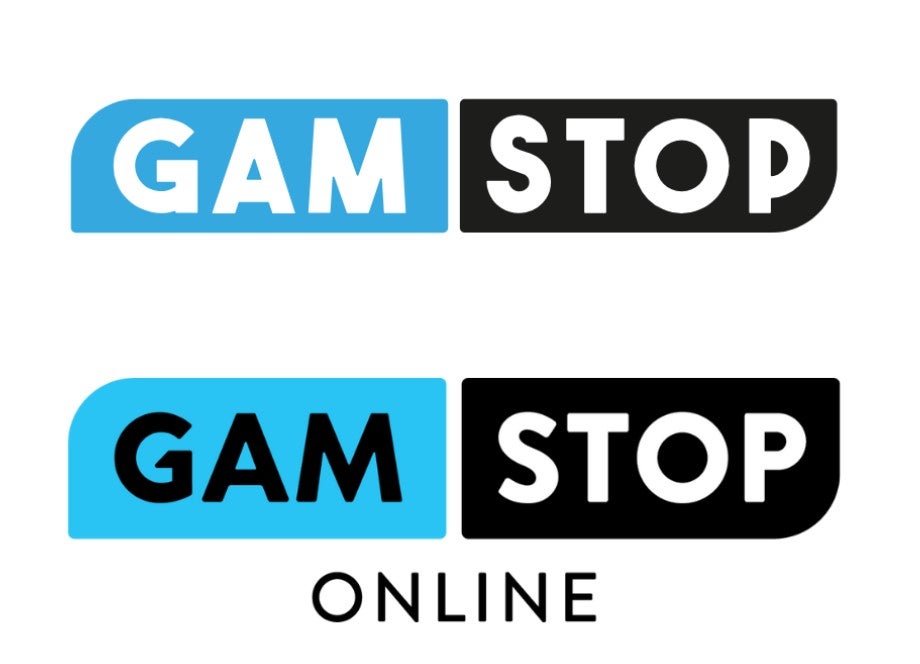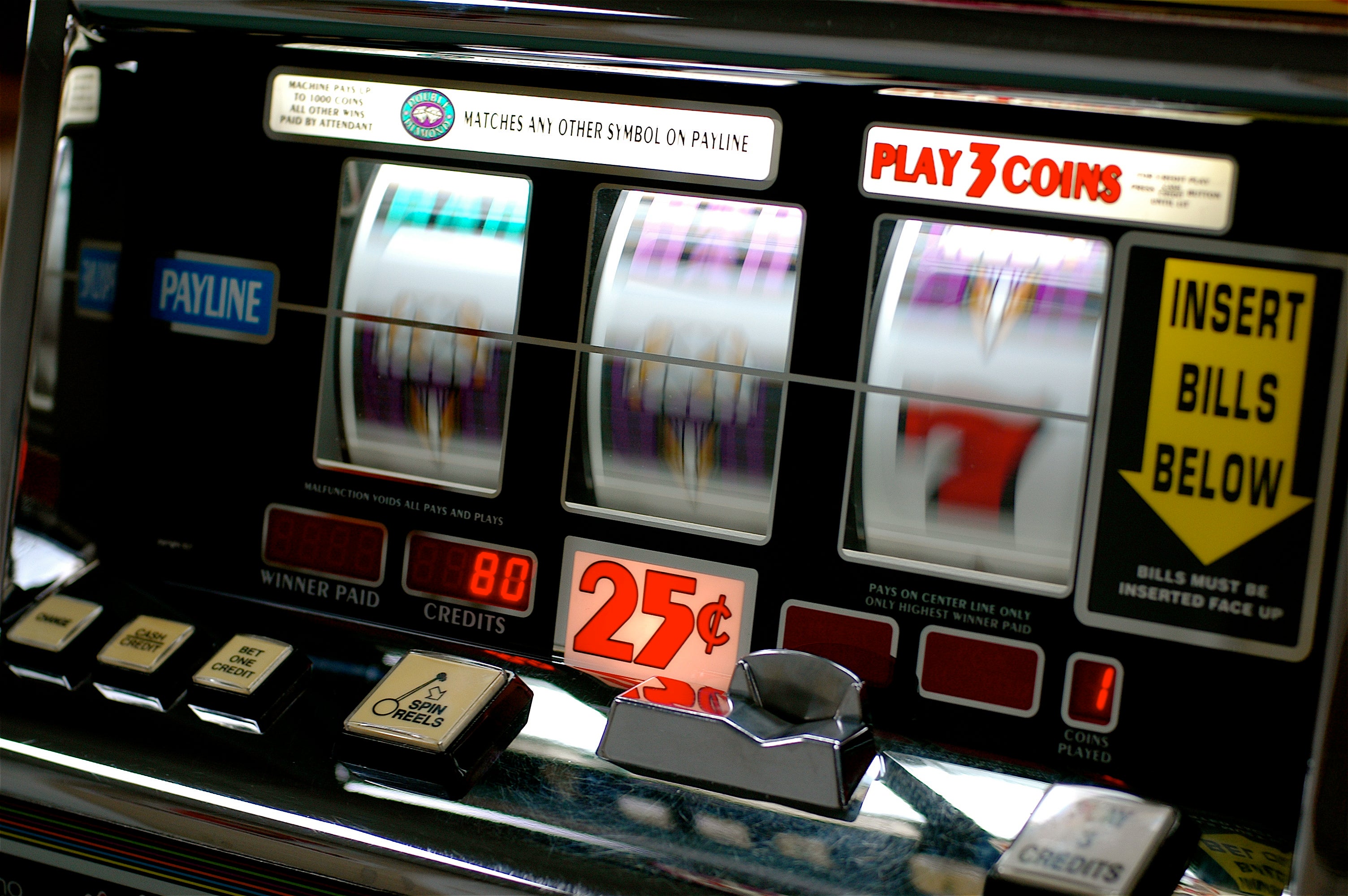Details of the bill
The bill has already undergone its first reading in the Senate Select Committee on Gaming.
Manning’s plan would tax online casino platforms 36 percent of their gaming revenue. Licenses would cost $50 million and grant eligibility for five years or until the license was pulled. Renewal fees would cost $5 million after the initial five-year period.
License holders who used a third-party iGaming platform would pay twice as much for licenses, meaning $100 million upfront and $10 million every renewal, and would be taxed 40 percent of their revenue. That was designed to keep business inside the state.
The 40 percent would be the largest tax penalty in the country among states with legal online casino markets, even ahead of Pennsylvania’s 36 percent.
99 percent of tax revenue generated through the online casinos would be given to the Ohio General Fund, which covers basic government programs such as Medicaid and education. The remaining one percent would be used to restock the Problem Gambling Fund.
Only seven states currently offer legal online casino markets, giving Ohio the chance to capitalize on a largely untapped market.
The tides are turning
The bill does not deal exclusively with online casinos. For example, it calls for a 50 percent reduction on the current sports betting tax rate, which it would change to 10 percent. It would also ban the use of the word “free” in sports betting advertising (as in “free” bets), ban gambling ads from college campuses, and add mandatory player safety measures.
Manning estimated that creating an online casino marketplace would generate $300 million to $1 billion in annual funding for the state.
“We kind of put this together very quickly, but I will say we’ve been working on this for years,” Manning said during the hearing.
Manning already has several important figures on his side. That includes House Finance Chair Brian Stewart (R-Ashville), who also introduced an online casino bill earlier this month, Senate President Rob McColley (R-Napoleon) and House Speaker Matt Huffman (R-Lima).
“Certainly, other states have shown us that when they take the dollars and they’re distributed to programs that are always underfunded, there’s a helping hand there,” said Minority Leader Nickie Antonio (D-Lakewood). “I think it’s important for us to look at.”
Retail casino operators are split on whether or not they want to expand to the online world. Critics believe the addition would detract from the facilities’ bottom line.






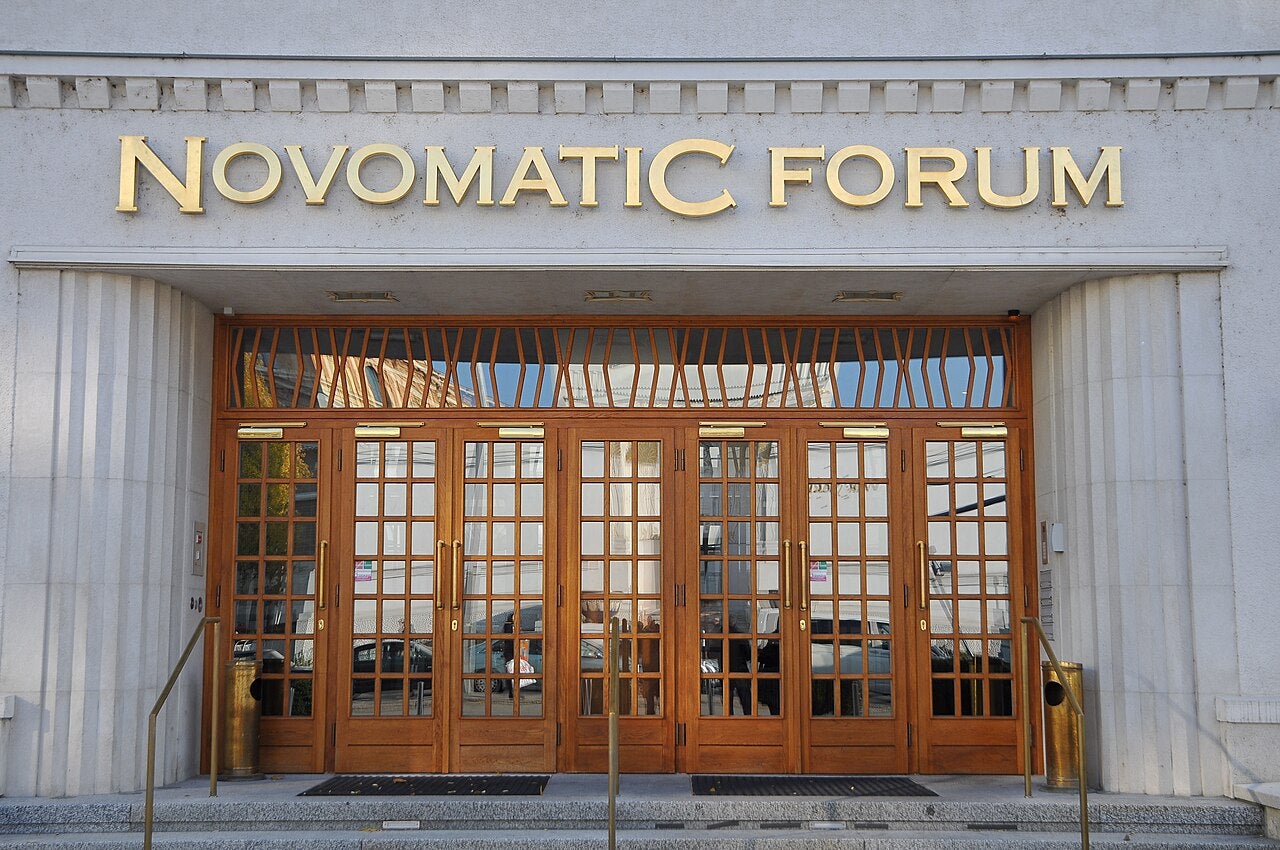
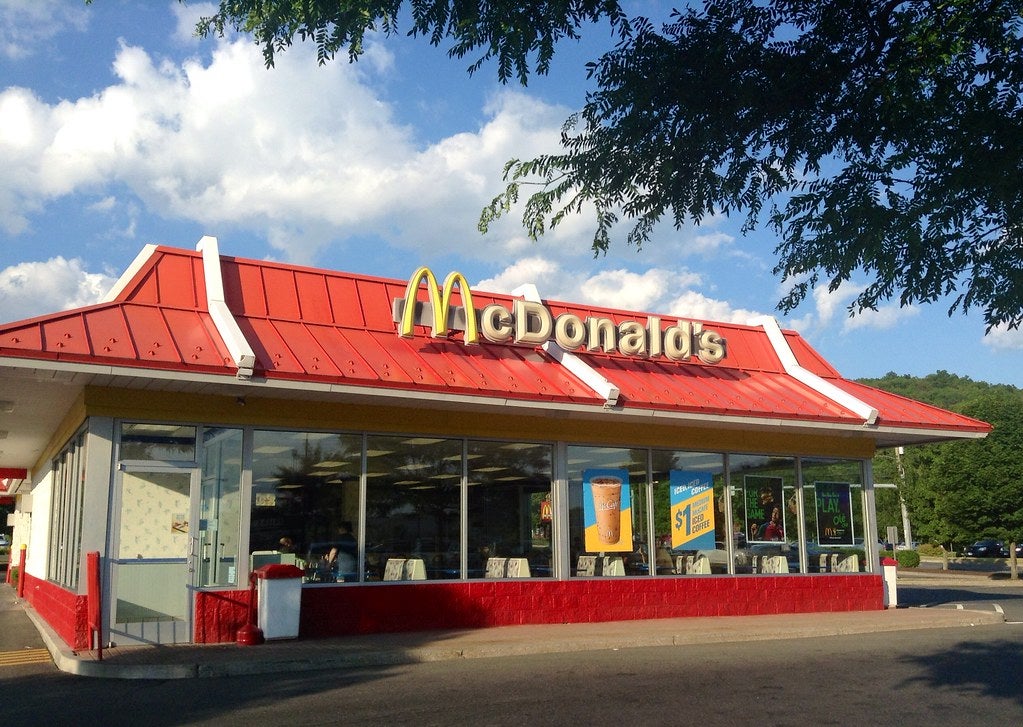





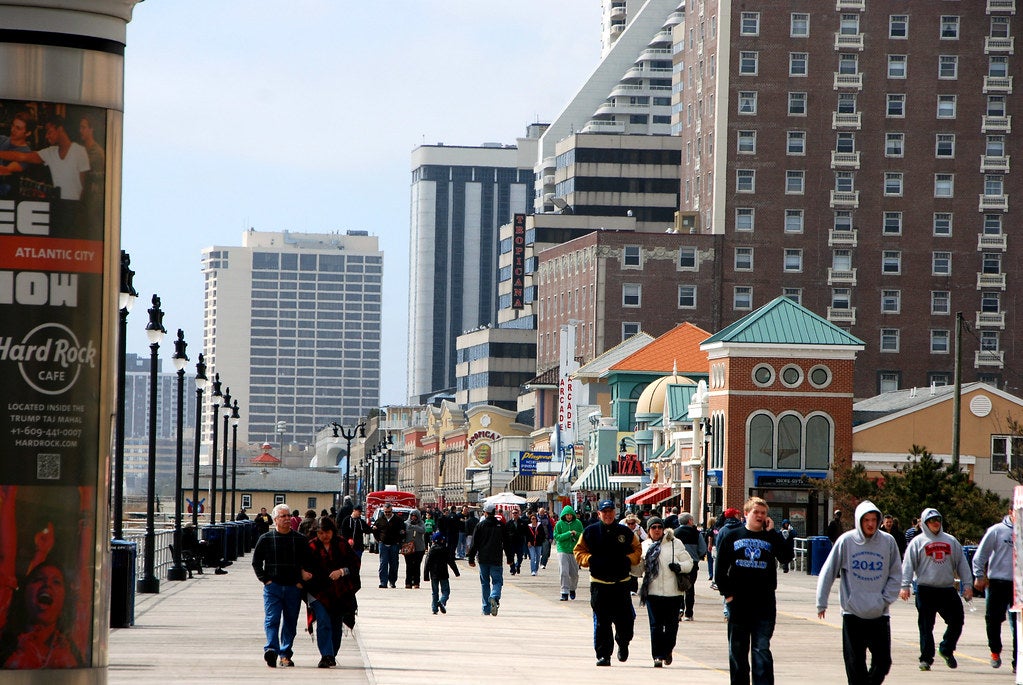



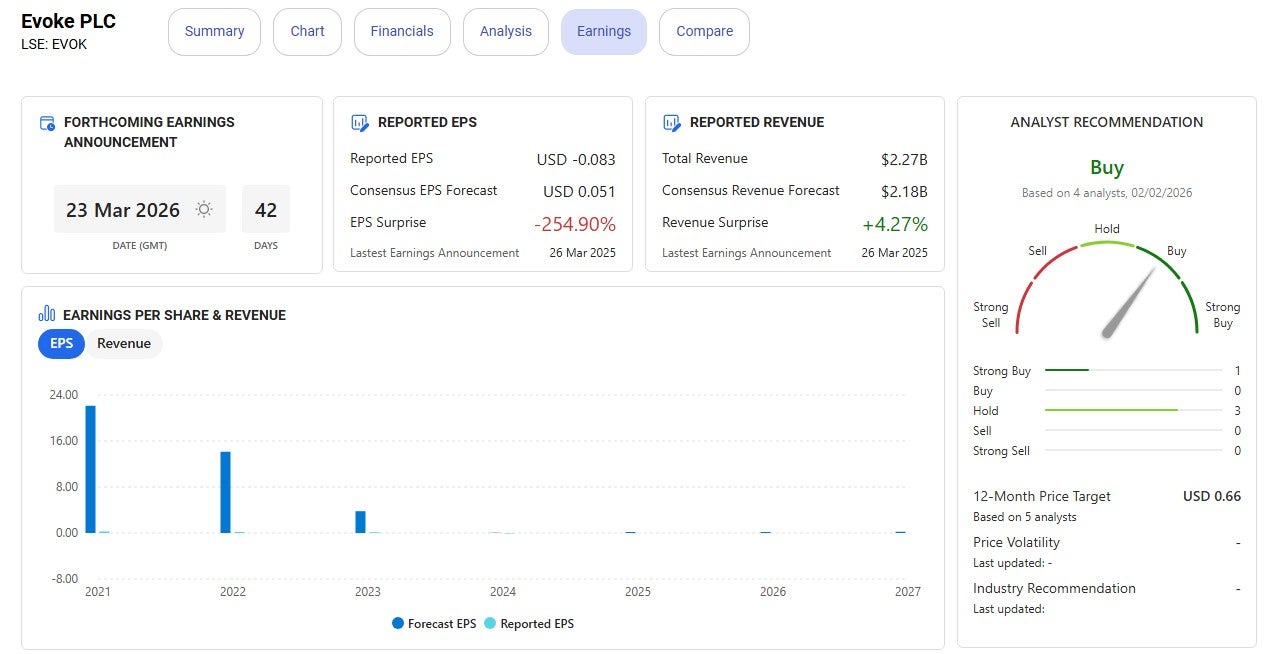

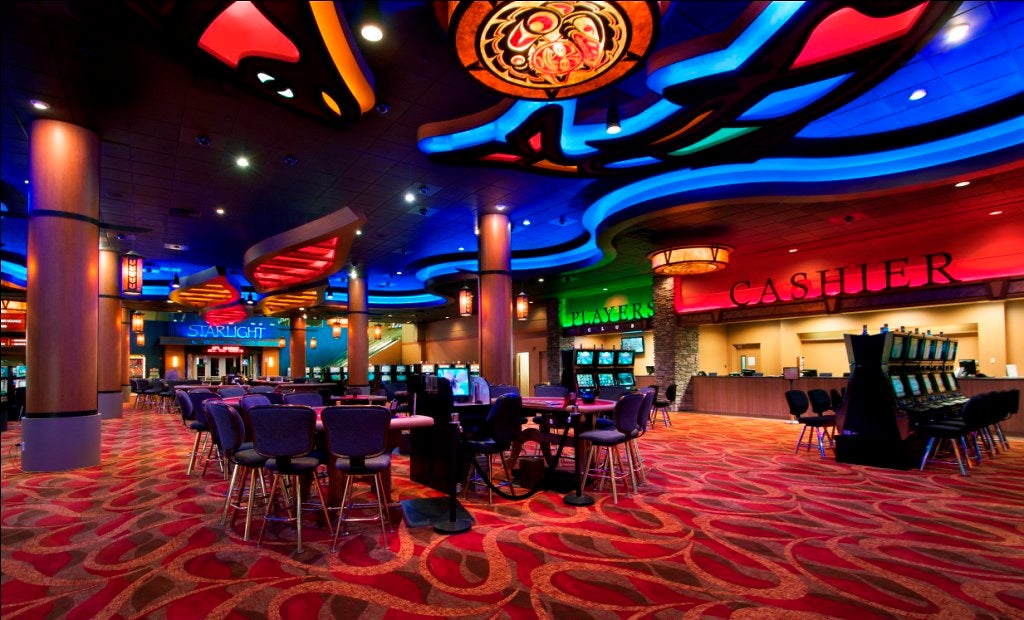
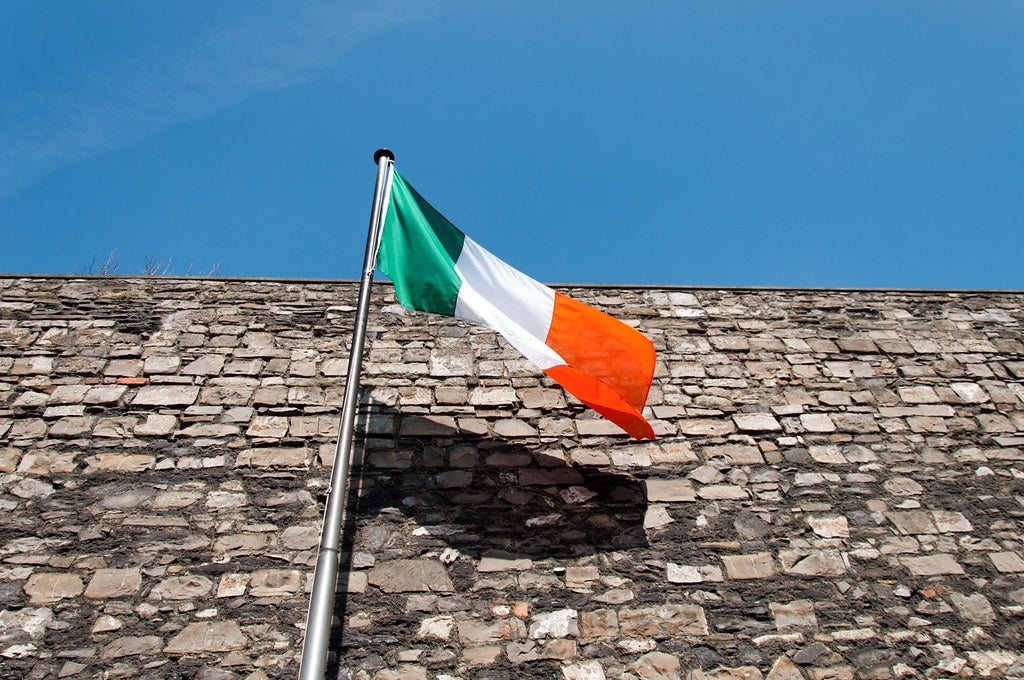

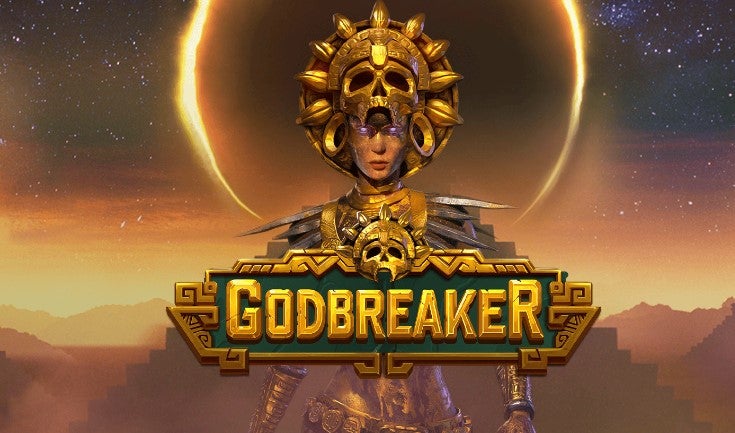

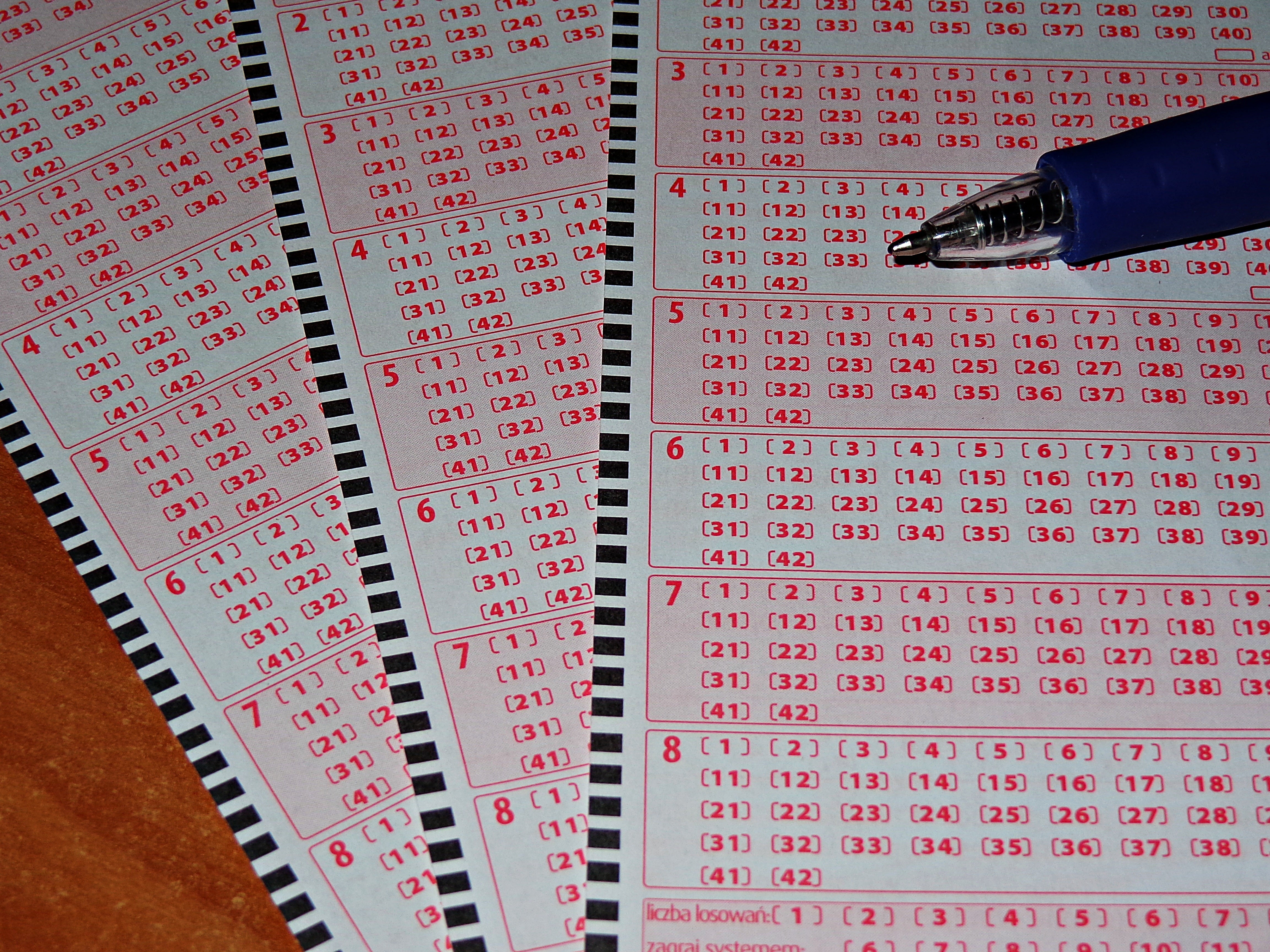
.jpg)



